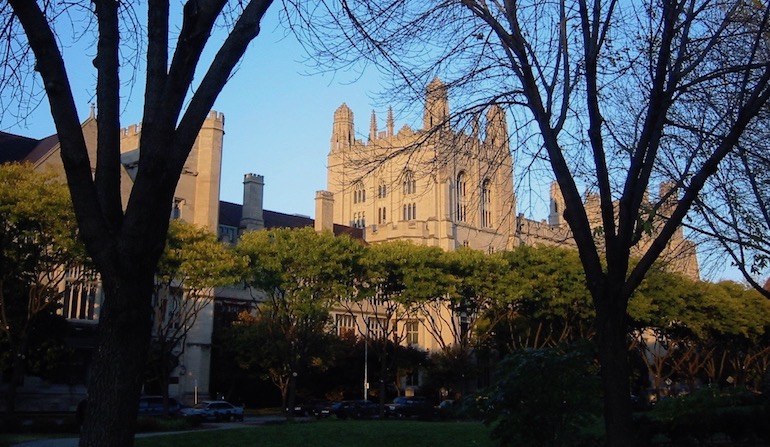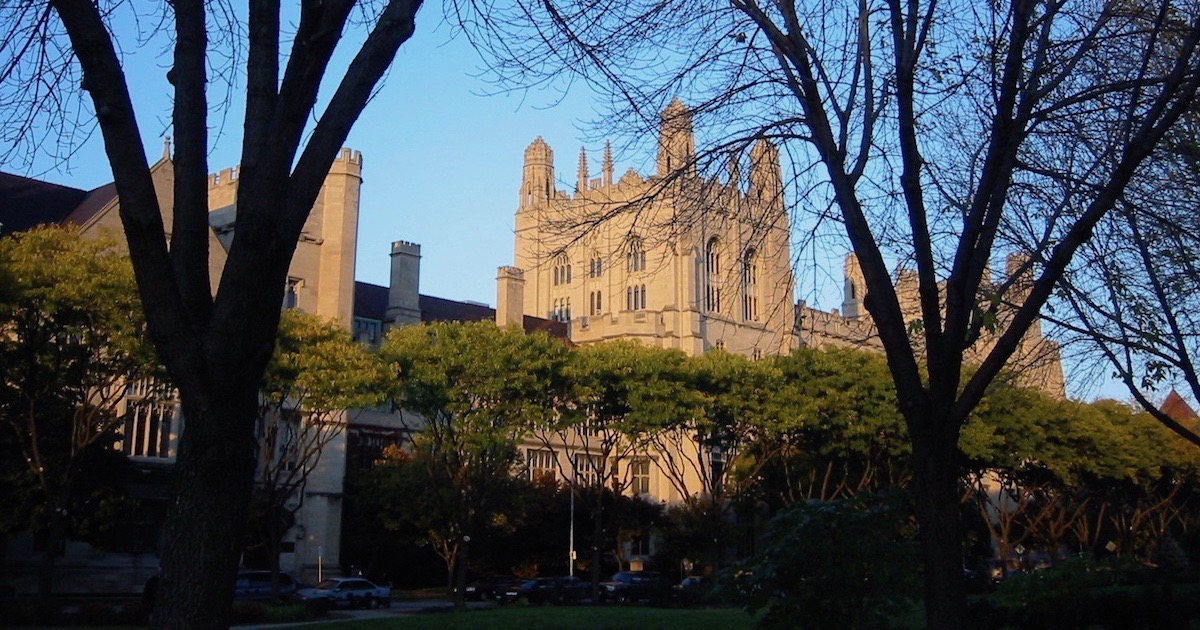 Education
Education
 Free Speech
Free Speech
 News Media
News Media
New Model Legislative Resolution on University Student Academic Freedom in Science


News and commentary are preoccupied with certain subjects — politics and natural disasters, notably. Some other issues are part of our daily lives, though, yet receive little coverage.
Academic freedom in science, for researchers and for students as well, stands out as a problem that is important yet strangely neglected. Think about it: On campuses, asking tough questions about a scientific subject is discouraged, sometimes punished. When it comes to evolution, intellectual intimidation is rife. This is something that people across the political spectrum should find disturbing. Yet from otherwise very impassioned and articulate commentators, the silence on the subject is remarkable. Truly, it’s a scandal.
Contact Your Representatives!
Discovery Institute’s Center for Science & Culture, at least, is not silent. We have now published a new model legislative resolution on student academic freedom. Please read the full resolution here at the Free Science website. Share it widely, and let your representatives, and the media, know that you care!
Here is the issue: University students often face strong pressure to express viewpoints on origins science in line with those of their professors or science departments. For those who deviate, the consequences can be severe. In an area where competition is already tough, taking the disfavored side on this polarizing issue can mean, for instance, the difference between receiving a post-doctoral position or not.
It’s not only in biology that this is the case, either. Sociology grad student Don McDonald had to demonstrate allegiance to Darwinian evolution before being allowed to continue his dissertation process. It’s for just these reasons that we don’t share pictures of our yearly Summer Seminar participants. We also ask them to refrain from posting pictures of the seminar on social media. They are typically undergrads or graduate students. Keeping under the radar is strongly advised. In what other field of inquiry would that be true? We’ve come to take it for granted, but it should not be the case!
A Simple Statement of the Obvious
Viewpoint discrimination is antithetical both to the nature of science, and to the purpose of a university. As a process of inquiry and experimentation, science thrives on critical thinking and the examination of many lines of evidence. Universities supposedly serve as homes for open intellectual discussion and free thought. Official statements by faculty or administration often praise viewpoint diversity. But these are largely hollow. If you’ve got the wrong viewpoint, watch out.
This resolution, if adopted, would show legislative encouragement for university student viewpoint diversity in science. The beginning of the resolution cites reasons for adoption, citing statements on academic freedom from the American Association of University Professors, Yale University, and the University of Chicago. The resolution itself states:
- Students may be evaluated based upon their understanding of course materials, but no student at any public institution of higher education in the State of _____ should be penalized in any way because he or she may subscribe to a particular position on scientific topics which may be controversial (such as biological evolution, climate change, or abiogenesis).
- Nothing in this resolution shall be construed as attempting to prescribe the curricular content of any course in any public institution of higher education in the state.
I hope that the new resolution will serve as a catalyst for considering this issue as it deserves. Citizens should press their legislators to recognize student academic freedom as a serious concern. The resolution can be tailored by adding the academic freedom statement from a particular public university in your state.
Students should be free to learn and think! It’s a simple statement of the obvious that has been neglected too long.
Photo credit: University of Chicago’s Hull Library, by Josh Evnin, via Flickr (cropped).
